

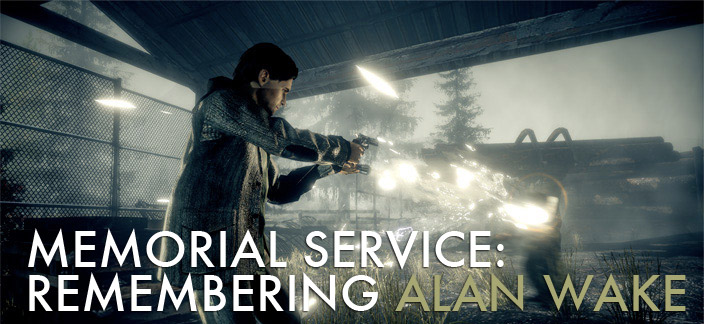
Gaming has long since moved into the space of releases where, just like with movies, classics (well and those titles that wish they were) are being re-released on different, new platforms some years after their initial releases with some tweaks and updates. God of War came first, being re-released in HD for the PlayStation 3, as did a number of Ubisoft games.
Now there's another title coming up for a PC release, a game that spent quite a while in development hell before being released for the Xbox360 exclusively back in 2010. Alan Wake was the second big franchise by Finnish developer Remedy, whose other big series, Max Payne, will also see a new installment this year, even though it's no longer in the hands of Remedy.
Despite all initial appearances, Alan Wake is closer to Max Payne in terms of gameplay than it might seem.Despite all initial appearances, Alan Wake is closer to Max Payne in terms of gameplay than it might seem. The theme of the game is one of horror, though by opening with the eponymous protagonist quoting Steven King, it quickly becomes clear that this horror is not necessarily the most subtle. More than being a straight up creeper, Alan Wake is much more of an action game. Which, given the game's subtitle, “A Psychological Action Thriller” quite makes sense. The game does in fact live up to that. There is a lot of (kitchen sink, but who am I to judge) psychology, babbling about the meaning of dreams and nightmares and such. And there is tense action—a lot of it, actually.
Like Max Payne, Alan Wake is a game that heavily relies on one core mechanic. Where the former had it's superbly entertaining Bullet Time, Alan Wake's central mechanic is one of light and shadow. The enemies, hapless villagers and later on angry household appliances and vehicles consumed by “darkness”, have to be rid of said affliction by shining a flashlight in their faces, so that they then can be shot once their shield of inky blackness has dropped. And that's pretty much the big trick the game pulls off, over and over again.
It's a solid mechanic, and though the game is sometimes edging very close on being repetitive, the minute-to-minute gameplay never really gets boring, since Remedy throws some new little things into the mix every now and then.
The writing — especially the diegetic bits and pieces that the main protagonist has supposedly written — is at times gut-wrenchingly horrible.At the end of the day, Alan Wake is not a great game. It's good. Fun. Entertaining. But it's really far from true greatness, and at some points the game itself seems to know just that.
The writing — especially the diegetic bits and pieces that the main protagonist has supposedly written — is at times gut-wrenchingly horrible. However, it's entertainingly so. There's always a little bit of tongue in cheek. It's bad writing, but it's intentional. This didn't fly too well with all of the critics, but personally I didn't mind too much.
Where Remedy shines is the construction of believable game spaces. And Alan Wake is full of those. The quaint little rural Washington State town of Bright Falls is meticulously detailed, be it the clutter in the local sheriff's office or the white trash trailerpark on the outskirts of town. All the levels have very strong sense of place to them, they always feel handcrafted, charming and never too much like levels in a videogame, despite the linear path the player is forced to take through them.
What's interesting is that Alan himself initially comes across as quite unlikeable as a person. It is an understatement to say he's not the nicest protagonist a game has ever seen. That the game's facial animation is so deep in uncanny valley, that the stiffly delivered dialog will give you nightmares on it's own, doesn't really help it.
However, despite all the flaws, the totally senseless collecting of thermos flasks, the at times really silly story, the nightmarishly outdated facial animation and the somewhat stiff controls, the game is still quite good and I enjoyed playing it a lot.
The overall presentation—which pretends at being a TV show, the game being separated into “episodes”; the meticulous eye for details; the surprisingly good AI; the Remedy staple of in-game TV shows... There is a lot going on that might have been overlooked by critics and crowd when the game swung around the first time.
It's a psychological action thriller. Nothing more, nothing less.It's not the next Silent Hill—sadly. While there are a lot of wanderings through misty dark parts of a small American town and more than one obvious allusion to David Lynch's masterpiece Twin Peaks, that is pretty much where the similarities end. Alan Wake is not out there to scare you. It's there to thrill. And that it does, again and again. It really lives up to what's written on the game's sleeve. It's a psychological action thriller. Nothing more, nothing less. And at that, it's a rarer occurrence in the world of gaming. Maybe it's not a true, big classic people will talk about years to come, but a worthy little, fun title that's well worth it's salt.
Lastly, in the days before the game's original release, the marketing department of Microsoft came up with a sort of miniseries of YouTube clips called “Bright Falls” that served as a sort of prologue to the game. They are quite good, maybe even better at telling a creepy, foreboding story than the game itself and well worth checking out, even if you are not intending to play the game.
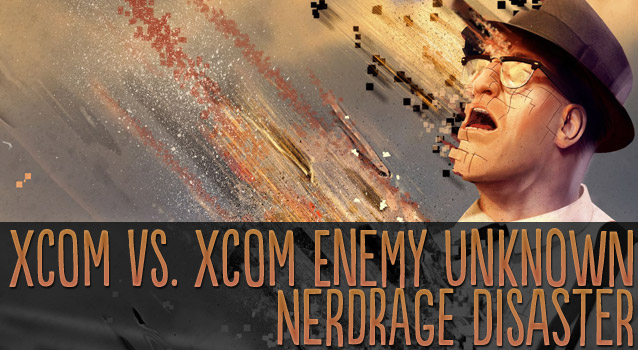
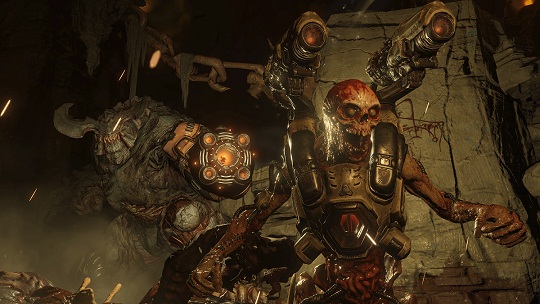
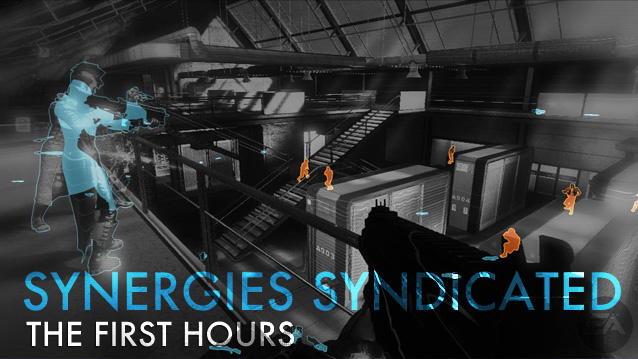
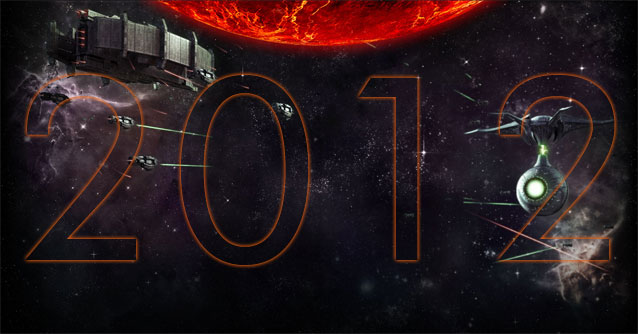
 Trials Fusion Wiki – Everything you need to know about the game. .
Trials Fusion Wiki – Everything you need to know about the game. . Review: Sword Art Online - Hollow Fragment
Review: Sword Art Online - Hollow Fragment Learn To Develop Video Games For $49, 99% Off Regular Price
Learn To Develop Video Games For $49, 99% Off Regular Price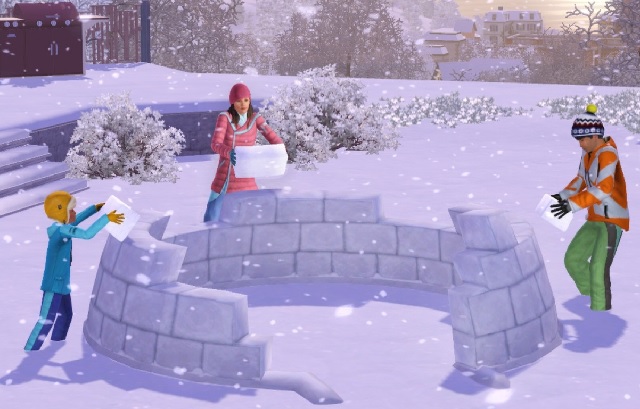 8 Big Differences Between The Sims 3 And The Sims 4
8 Big Differences Between The Sims 3 And The Sims 4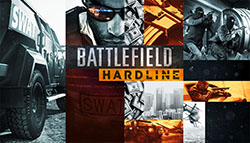 Complete Battlefield Hardline Walkthrough in Stunning 1080p HD 60 FPS
Complete Battlefield Hardline Walkthrough in Stunning 1080p HD 60 FPS